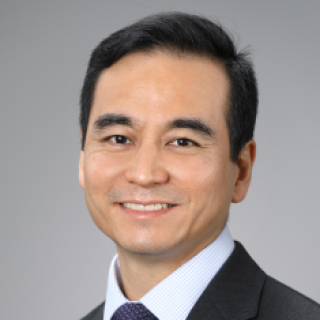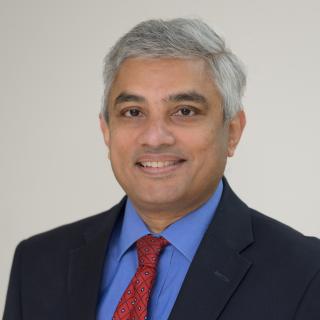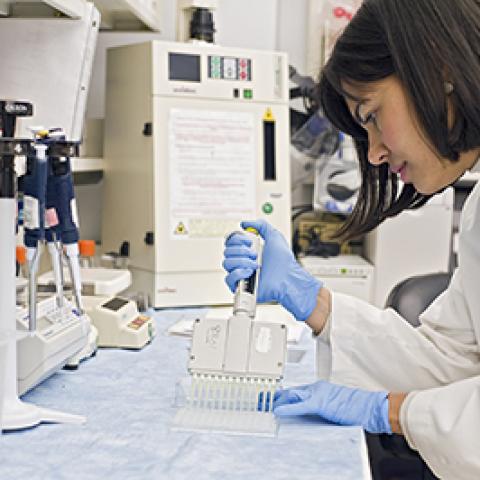Genitourinary Malignancies Branch
Information for Patients
Learn more about our clinical trials and the highly specialized care teams that lead them.
Genitourinary Malignancies Branch
About
The Genitourinary Malignancies Branch focuses on investigating the biology of genitourinary cancers, developing new strategies for treating those cancers, and evaluating these new therapeutic approaches through science-driven clinical research. These clinical trials investigate novel approaches in immunotherapy, hormonal therapy, chemotherapy combinations, and small-molecule targeted therapy. This website provides all interested parties—referring physicians, cancer patients or family members interested in participating in a clinical trial, or researchers looking for collaborative opportunities—with the information they need to get started.
Clinical Trials
PI & Key Staff
Principal Investigators
Key Staff
Adjunct Investigators
Job Vacancies
We have no open positions in our group at this time, please check back later.
To see all available positions at CCR, take a look at our Careers page. You can also subscribe to receive CCR's latest job and training opportunities in your inbox.
News
Learn more about CCR research advances, new discoveries and more
on our news section.
Science
Our Science
- William Douglas Figg Sr., Pharm.D. is an expert on utilizing pharmacological principles in anticancer drug and biomarker development. He has integrated pharmacogenetics/pharmacogenomics research in these drug development efforts to evaluate the impact of genetic variants on drug metabolism, response and toxicity. His research focuses on the development of novel therapies, using prostate cancer as the target disease and angiogenesis as the target pathway. Dr. Figg is Acting Branch Chief.
- Andrea B. Apolo, M.D. is dedicated to improving the treatment and survival of patients with genitourinary tumors. Her research involves developing and designing clinical trials to test novel agents for the treatment of urologic cancers. Her primary research interest is in bladder cancer (urothelial carcinoma) and prostate cancer. In particular, she is working to develop new bladder cancer therapies that use targeted agents including anti-angiogenesis compounds, which block the growth of new blood vessels that feed tumors. Other research focuses include improving tumor detection by using new imaging modalities in bladder and prostate cancer and identifying molecular alterations in bladder tumors that will serve as targets for individualized treatment strategies in patients with this disease.
- Ravi A. Madan, M.D. specializes in research that focuses on immune-stimulating therapies and prostate cancer. Specifically, Dr. Madan’s clinical trials are designed to develop a better understanding of how immune stimulating therapies can improve clinical outcomes and be combined with other therapies. In addition to investigating emerging therapeutics in all stages of prostate cancer, Dr. Madan is exploring immunotherapy treatment strategies in rare tumors such as medullary thyroid cancer.
- Fatima Karzai, M.D. is the Clinical Director of the Genitourinary Malignancies Branch. She is internationally recognized as a physician-scientist with expertise in clinical research in all stages of prostate cancer, particularly genetics/genomics, imaging, immunotherapy, and health disparities. Dr. Karzai collaborates intra- and extramurally and is passionate about patient care and improving outcomes for patients with cancer. Dr. Karzai also provides mentorship to women in science.
- Rouf Banday, Ph.D. is working to identify therapeutically actionable pathways for bladder cancer. His laboratory uses functional genomics, tumor multi-omics, and bioinformatics to explore genetic and molecular mechanisms that drive and support tumor progression, weaken or inhibit tumor-immune surveillance, and impart resistance to therapies. The ongoing projects include studying the role of non-coding genomic alterations and APOBEC-mediated mutagenesis in bladder cancer. Dr. Banday is a Stadtman Investigator leading the Functional and Translational Genomics Section of GMB.
- Adam Sowalsky, Ph.D. leads the Prostate Cancer Genetics Section of the Genitourinary Malignancies Branch. Dr. Sowalsky’s laboratory conducts translational research focused on tumor evolution and treatment resistance, with emphases on developing biomarkers for predicting treatment responses in locally-advanced prostate cancers and modeling the heterogeneous phenotypes of prostate cancer metastasis. Additional research efforts include identifying the evolutionary determinants of structural variations in human tumors, developing new liquid biopsy modalities to predict prostate cancer recurrence, and employing single-cell and spatial technologies to assess genomic and environmental drivers of immunogenic prostate cancer. Dr. Sowalsky also leads the NIH Scientific Interest Group on Liquid Biopsies.
- David Takeda, M.D., Ph.D. is a Lasker Clinical Research Scholar and head of the Functional Genomics Section. Dr. Takeda’s research is focused on understanding the role of epigenetic reprogramming in disease progression by integrating genomic and epigenomic profiling of patient samples with functional studies in model systems. Current areas of investigation include identifying noncoding drivers of castration-resistance in prostate cancer, interrogating regulatory elements using unbiased proteomic and genetic approaches, and therapeutic targeting of oncogenic transcriptional programs in genitourinary cancers.











